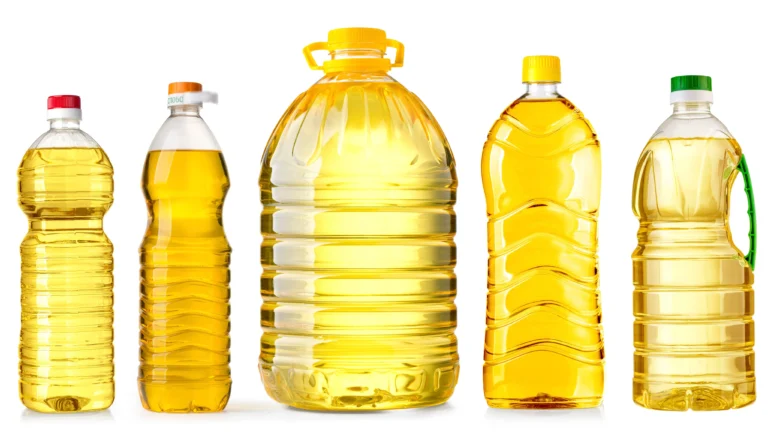Bangladesh is facing a significant shortage of both branded bottled and non-branded loose soybean oil in kitchen markets, including those in the capital Dhaka. This shortage has led to rising prices, further burdening consumers who are already grappling with high inflation.
Retailers and wholesalers across major cities, including Dhaka, Chattogram, and Barishal, have reported reduced oil supplies following the government’s rejection of refiners’ requests for price hikes last month. Local refiners had argued that increased import costs necessitated higher prices.
As a result, consumers are now being forced to search multiple stores for oil, a product that Bangladesh heavily imports to meet its annual demand of 2.4 million tonnes. “I had to visit three stores before I could find bottled soybean oil,” said Sabbir Hossain, a resident of Mirpur-10 in Dhaka. “The only option available was a 5-litre bottle, which I had to buy, even though I was looking for a smaller size.”
This oil shortage echoes a similar situation in December of last year, when bottled soybean oil disappeared from local markets until authorities approved price hikes. Hossain urged the government to investigate the current shortage, saying, “The government should look into the cause of this situation.”
At Karwan Bazar, one of Dhaka’s largest kitchen markets, retailer Hazi Mizan stated that he is only receiving 25 percent of the daily soybean oil supply he needs. Other wholesalers reported receiving just 30 percent of their daily demand. “I’ve heard that refiners want to increase prices ahead of Ramadan,” Mizan added.
The edible oil market, which had been stable until mid-January, is now feeling the effects of this supply crisis. Official data shows that the price of bottled soybean oil has risen to Tk 175-176 per litre, marking a 1 percent increase over the past month. Loose soybean oil prices have surged nearly 4 percent, reaching Tk 180-182 per litre. Prices for other cooking oils, such as rice bran oil and palm oil, have also increased. A 1-litre bottle of rice bran oil now costs Tk 205-210, up by 6.41 percent.
Wholesalers have linked the supply shortage and price hikes to a January 22 meeting held by the commerce ministry. The meeting advised refiners to refrain from increasing prices ahead of Ramadan, which typically sees a surge in cooking oil consumption. “Our stores are only receiving 15-20 percent of the soybean oil we need,” said Sabbir Hasan Nasir, managing director of ACI Logistics Ltd, which operates the country’s largest supermarket chain, Shwapno. He added that refiners are struggling to make a profit due to the gap between their purchase prices and the government-fixed selling price.
Globally, soybean and palm oil prices have also risen, with palm oil prices increasing by 22 percent in the October-December quarter of 2024, from $937 to $1,145 per tonne.
With the shortage continuing, many consumers and businesses are anxiously awaiting solutions to the crisis.



